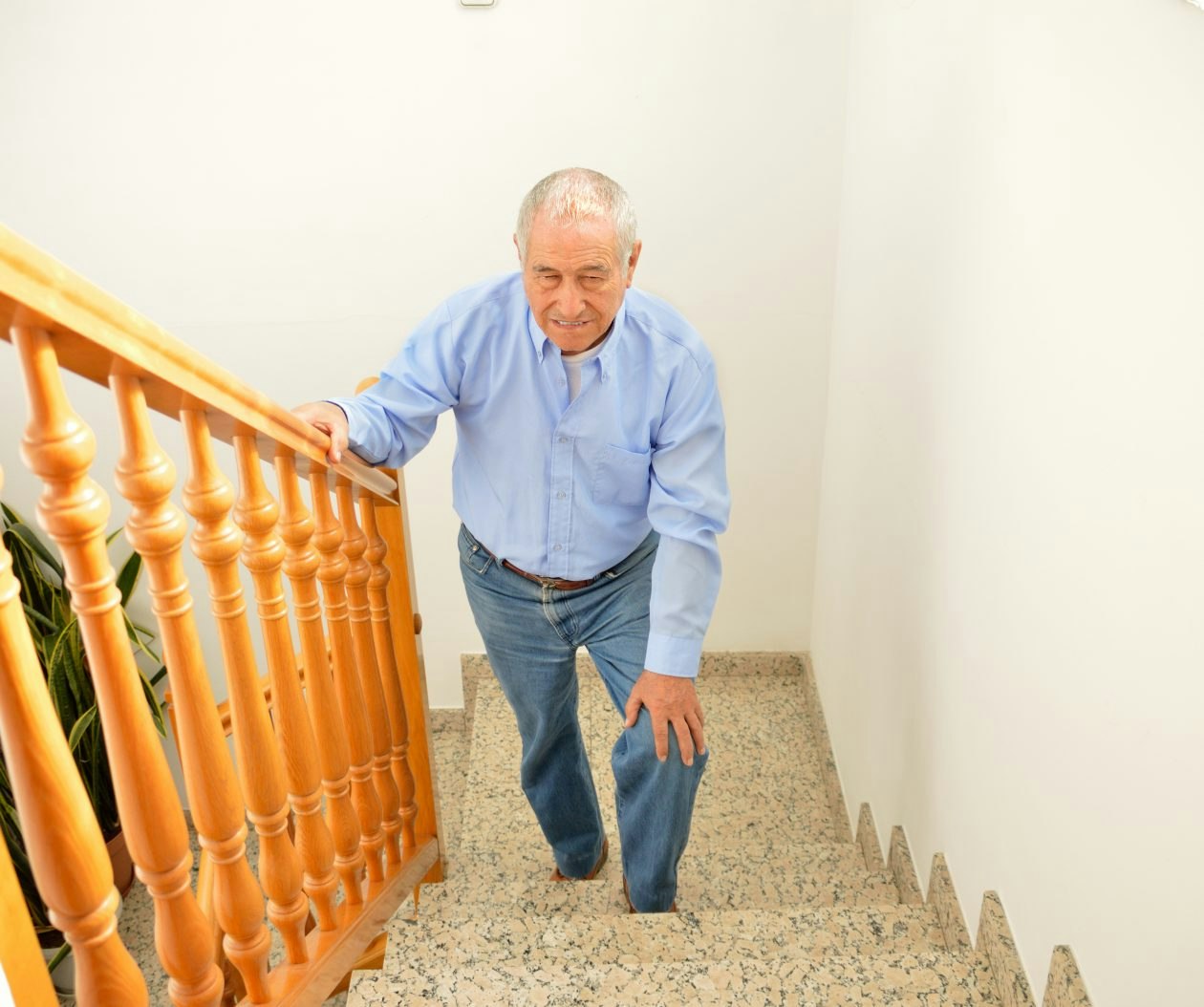Falls Cause Serious Brain Injuries in Older Adults—and Are on the Rise

A child falls and gets back up over and over again. But when an older person falls, the result can be much more serious. Beyond bumps and bruises, an older adult who falls can suffer a broken bone or a traumatic brain injury (TBI).
In fact, the rate of TBIs due to falls among older adults has been on the rise, according to a recent study from the Centers for Disease Control and Prevention (CDC). A TBI occurs when a bump or a blow to the head affects how your brain functions. This can result in memory or thinking problems, issues with vision or hearing, mental health problems, and more. More serious head injuries can even cause a person to go into a coma or vegetative state.
According to the CDC report, a whopping 79 percent of TBIs in adults ages 65 and older are due to falls.
Why Older People Are At Risk
Falls are more likely to occur in older adults for many reasons. Certain conditions can make you more likely to fall, and many are more common as you age. These include:
- Foot pain
The more risk factors you have, the more likely you are to fall. Once you take a tumble, even if you don’t get injured, you may be more likely to fall again. That’s because you may become afraid of falling and modify your activities to avoid falls. However, becoming less active makes you weaker, which ups your risk of falling.
What You Can Do
A fall can take a major toll on your life. It can cause serious injuries that affect your ability to do the activities that you enjoy and to live on your own. The best thing you can do is take steps to prevent falls. Here’s how:
Ask your doctor or pharmacist to review your prescription and over-the-counter medicines to find out if any might make you dizzy, sleepy, or affect your balance in other ways.
Stay active. Do exercises that strengthen your legs and improve your balance, such as tai chi.
Get your eyes checked at least once a year and update your eyeglasses if you need to.
Reduce your fall risk at home. Get rid of throw rugs or clutter that you can trip over, add grab bars in your bathroom, and make sure your home has plenty of bright light so you can always see where you’re stepping.
If you fall and hit your head, contact your doctor right away. Falls can be especially serious if you take blood thinner medicine because it can cause bleeding. Even if you think you’re OK, contact your doctor to make sure you don’t have a brain injury.
© 2000-2018 The StayWell Company, LLC. 800 Township Line Road, Yardley, PA 19067. All rights reserved. This information is not intended as a substitute for professional medical care. Always follow your healthcare professional’s instructions.
